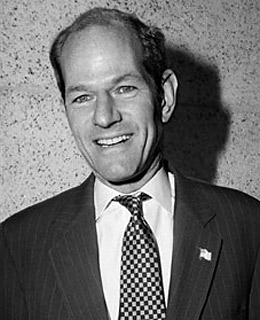
Who's next?
Corporate executives and financiers are no doubt wondering. Over the past few years, New York Attorney General Eliot Spitzer has gone after the rot in a series of industries and brought wrongdoers to justice. In 2002 he pursued the crass barons of Wall Street for their self-serving research reports that praised the prospects of high-tech companies even as their e-mails described those firms as pieces of junk (or worse). Total fines and penalties assessed on 10 blue-chip investment-banking firms: $1.4 billion.
A year later, he took on the mutual-fund industry. At last count 23 fund managers, handling more than $1 trillion of other people's money, had been implicated in market-timing frauds. Total fines, restitutions and management-fee reductions so far: more than $3 billion.
And last year Spitzer, 45, turned his attention to the conflict-ridden field of insurance brokering. He found bid rigging and contingent commissions — preferred service agreements — that were used to force insurance firms to pay rebates to brokers as quid pro quos for winning business. Some iconic CEOs are no longer employed, and their minions face jail time. Spitzer has also found that insurance policies are not always for risk protection: they can be playthings for corporate financial engineers striving to meet their guidance for quarterly earnings.
Spitzer, who may run for Governor of New York in 2006, has served as attorney general with energy, savvy and distinction. To many members of the investment community, of course, he is an overreaching villain. The Wall Street Journal has called him "the Lord High Executioner" and "judge, jury and prosecutor." But whether or not you like Spitzer's crusading, he has taken on a series of battles against powerful interests, won landmark victories for consumers, and become a national icon along the way.
Spitzer, to the manner born, overcame that disadvantage to make his mark. He grew up in New York City, graduating from Princeton (he was student-body president) and Harvard Law School (he was the editor of the Law Review). If Spitzer gets his way — and surely he will — fiduciary duty will once again eclipse "It's O.K. because everybody else is doing it" as the ethical standard of Wall Street, mutual funds, insurance and, as we will no doubt learn as this year rolls on, other financial industries yet to come.
Vanguard founder Bogle heads the Bogle Financial Markets Research Center